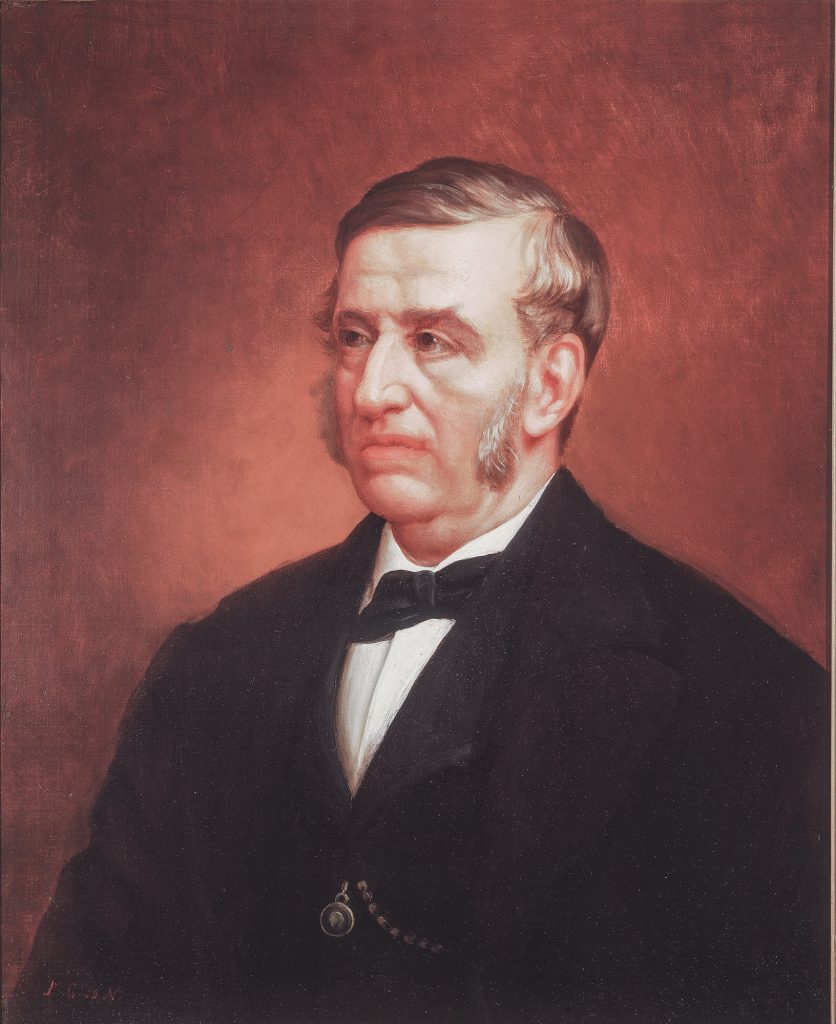Henry Mayer Phillips, the son of Zalegmanand Arabella Solomon Phillips, andgrandson of Jonas Phillips, grew up in afamily prominent in Philadelphia, both in Jewish and secular circles.His father was one of the leading figures at congregation MikvehIsrael and a court clerk and well-known criminal lawyer. His olderbrother Jonas Altamont would join hisfather’s law firm, and Henry would follow father and brother intothe legal profession, a launching pad to an extraordinary career thatwould take him from law to politics and public life.
Aftera successful start in the family firm, and, again following hisbrother and father’s lead, a long involvement with Democratic Partypolitics, Henry decided to run for office. In 1856 he was elected toCongress, and served for a term, including an appointment to the Waysand Means Committee. Phillips situated himself on the conservativeBuchanan wing of the party, taking a conciliatory attitude towardsthe South and the slavery question and making a speech in 1858recommending the admission of Kansas as a state with its pro-slaveryLeCompton constitution.
Thoughhe only served that single term, Phillips remained both politicallyengaged and significant, corresponding extensively with PresidentBuchanan and Vice President Dallas. Within this voluminouscorrespondence are numerous incidents of Phillips exercising hisinfluence to secure posts and promotions for friends and relatives.
Phillipsreceived over the years a number of civic appointments, includinginspector of prisons and was appointed to the Board of City Trusts,to the Commission for the Creation of Public Buildings, and to theboard of the Fairmont Park Commissioners. He served on the boards ofsuch corporations as the Pennsylvania Railroad, Western UnionTelegraph Company and the Pennsylvania Company for Insurance of Livesand Granting Annuities. Of the organizations to which he committedhimself, Phillips served as director and president of thePhiladelphia Academy of Music, was a trustee of Jefferson MedicalCollege, and was elected a member of the American PhilosophicalSociety, the most prestigious and exclusive intellectual organizationof the time. Phillips was also very active in Freemasonry, achievingthe rank of grand master, and upon his death, the Pennsylvania GrandLodge and the American Philosophical Society were among the largestrecipients of his generosity.
Yet,Phillips seems a strange candidate for such distinctions—theextensive presidential correspondence, the numerous appointments. Hewas, in fact, very private, even shy. He never married and was notknown for having many friends, close only to his sister Emily.
